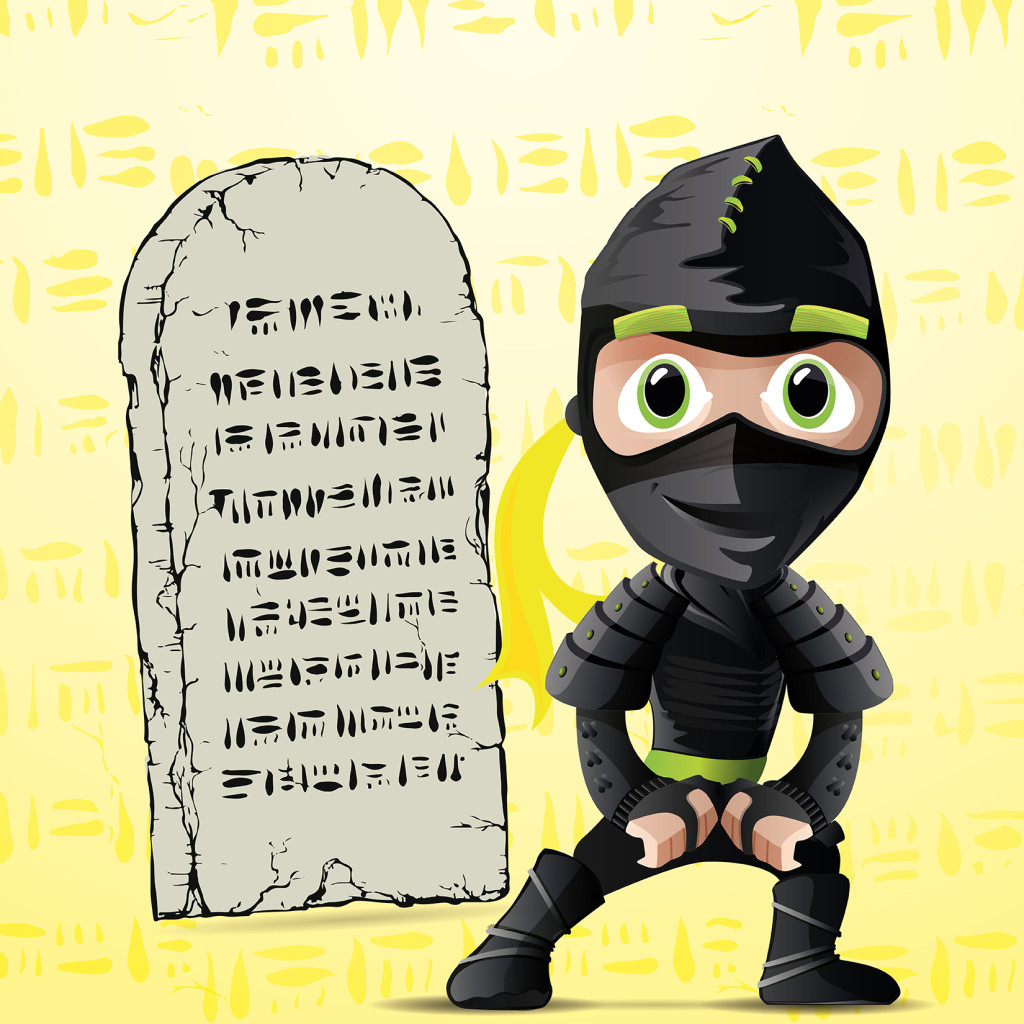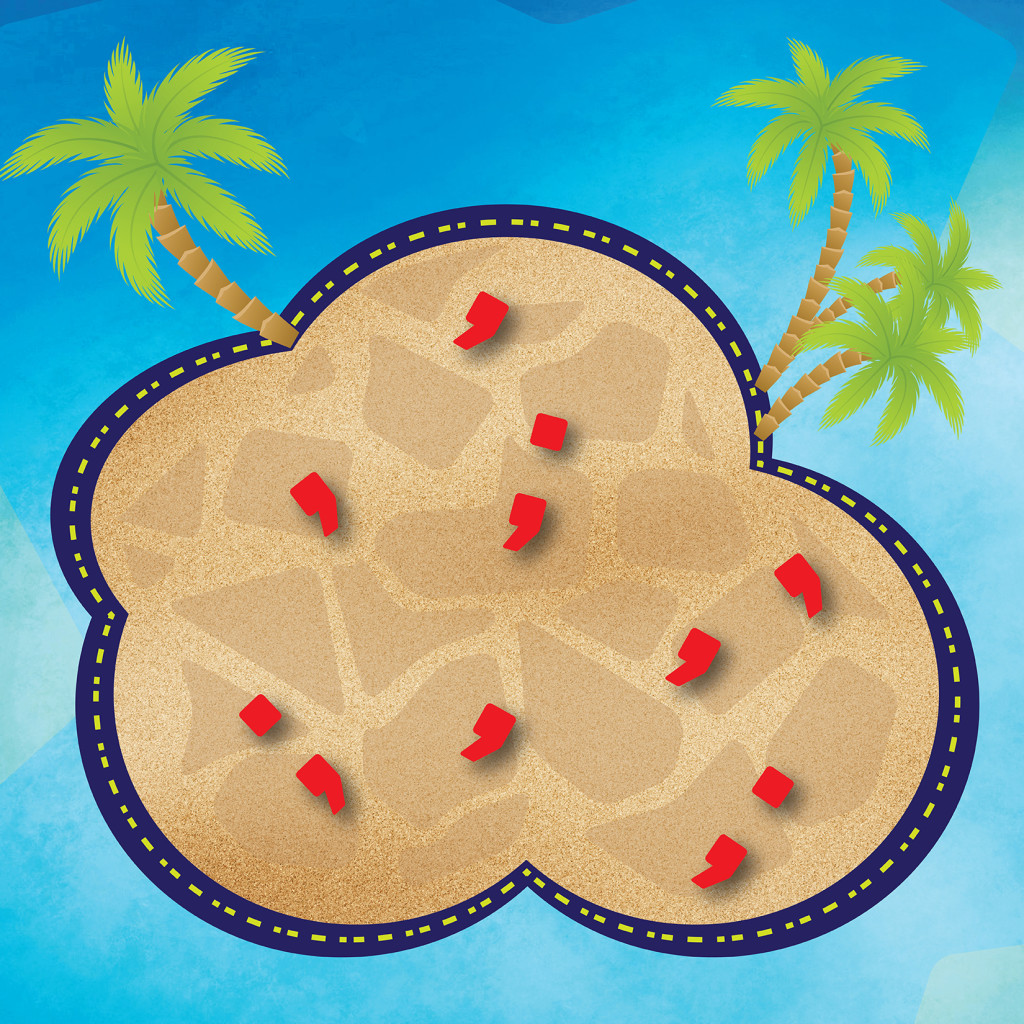Welcome to the first Language Ninja article of what is sure to be a blazing hot summer!
Ninja’s beat the heat tip: Switch out your heat-absorbing black shinobi shōzoku for a light-reflecting bodysuit made of mirrors. She’s pretty sure you can find one on Etsy.
Now that the practical advice is out of the way, let’s get started on the questions!
Read More
If I were
OR
If I was?
Which is correct?
Most of us might vaguely recall a high school English teacher discussing mood, but few of us remember what it means.
Read More
15 03 2016
The Evolution of the Singular Pronoun “They”
In a case of grammatical form following function, the American Dialect Society voted “they”, used as a gender-neutral singular pronoun, as 2015’s word of the year. The selection may have some traditionalists clutching their pearls, but the recognition validates the singular pronoun’s utility and reflects our shifting social landscape.
Read More
Q: Why are the rules of punctuation so strict? When is it appropriate to us a comma? When should one use a comma as opposed to a semicolon, or an em-dash, or parentheses? What is the difference between a semicolon and an em-dash, anyway? What is an em-dash, and how did it happen?
A: The Language Ninja orders you to calm down. Although you seem slightly desperate to have all the answers immediately, they will have to be addressed in a series of posts. Try not to allow your head to explode.
Read More
Editing is the calm after the storm. It’s when the survivors pick through the wreckage, making a semblance of a life again. A little dramatic, perhaps, but it’s apropos. Writing is the storm that messes everything up, throwing words, punctuation, and grammar here and there…and editing cleans it all up.
Read More
Do you ever wonder whether you should use “which” instead of “that” or vice versa? In the United States we use “which” differently than those living in the United Kingdom. I have no idea when or how the usage diverged, but according to our Modern Language Association, there is a correct way to use each.
Read More
Q: Can you describe the difference between “ignorance” and “stupidity”? I often wonder about the distinction when reading your posts.
A: The Language Ninja is literally and figuratively sputtering with rage at your insult disguised as a query. She concedes, however, that it is elegantly framed. Well met!
Read More
04 12 2015
A Little Love for Put-down Punctuation
In journalism, commas in a list are frowned on (AP Style outright bans them), and simplistic writing is encouraged. While journalists are, by far, some of the best writers out there, they have to adhere to a certain style—and not just AP or inverted pyramid. Their writing itself must be presented a specific way, or the piece gets tossed back at them like flotsam. “Your word count is too high,” is an often-heard complaint from news editors. “Re-arrange your first four paragraphs and cut back on the prose,” et cetera.
Read More
03 11 2015
Timing Your Social Media Posts
As they say, timing is everything. The second hand of an increasingly anachronistic analog clock ticks through each moment of our lives and stops for no one. There are the occasions where we wish we could will time to move faster and just as many that leave us wondering in dismay where it all went.











